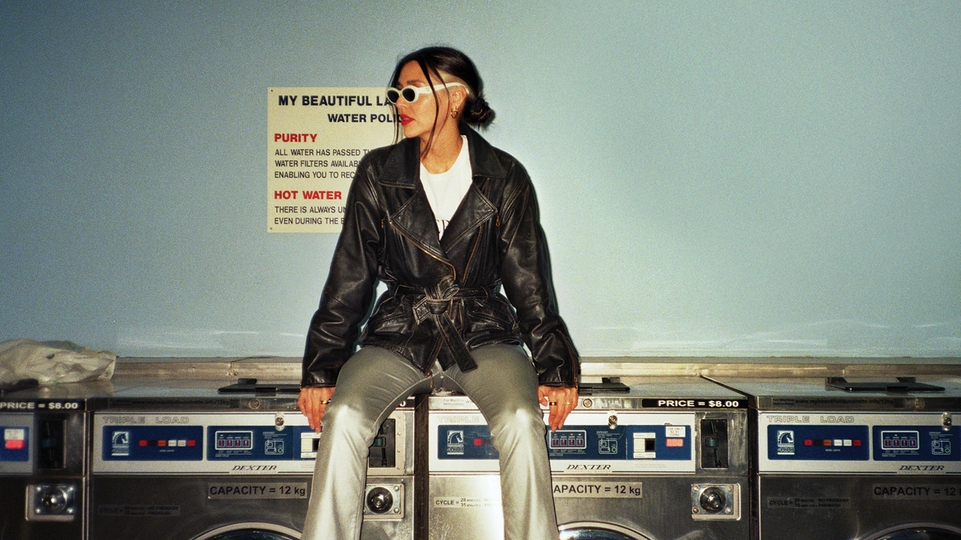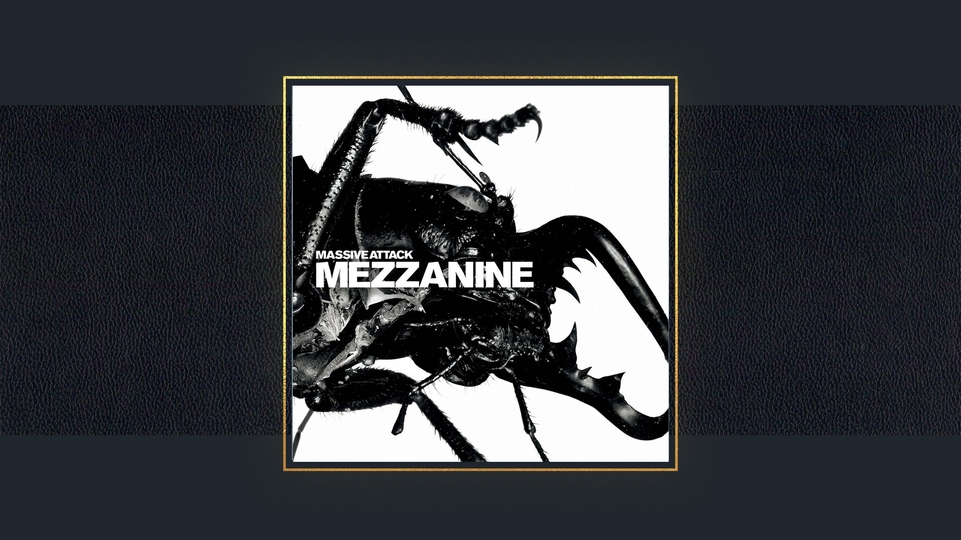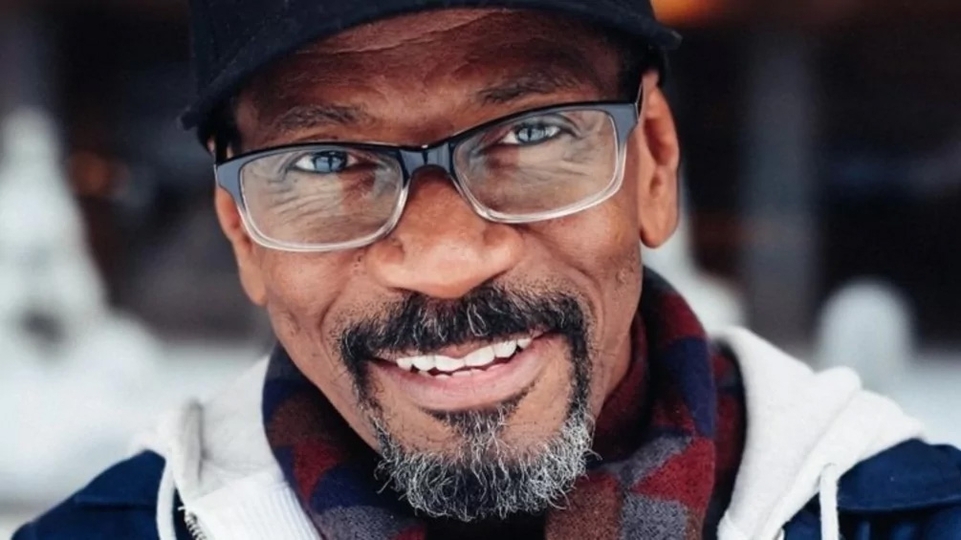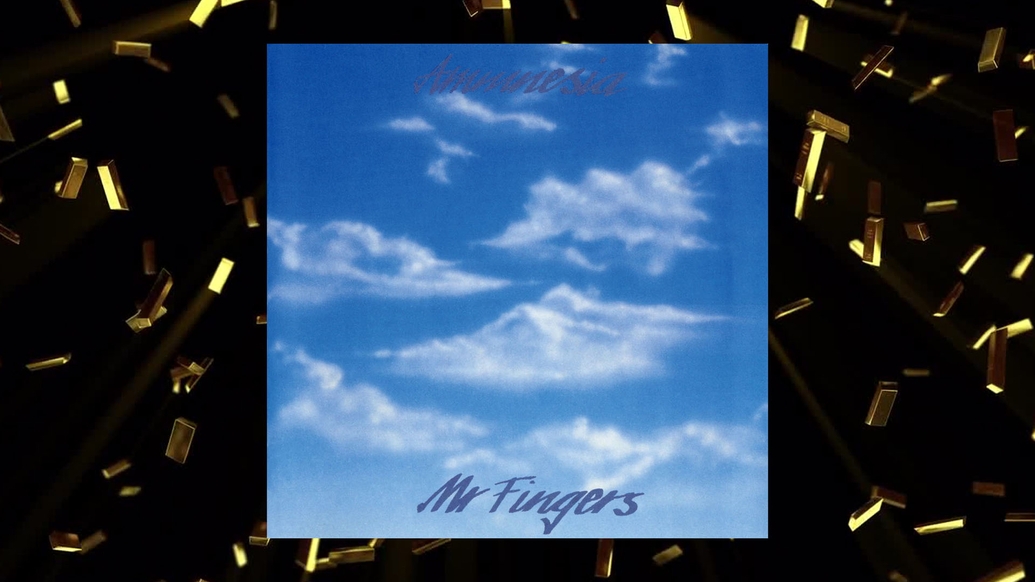
Can you feel it: How Mr. Fingers' ‘Ammnesia’ changed the house music experience forever
33 years after its release in 1989, Larry Heard’s debut album as Mr. Fingers is a profoundly moving document of timeless electronic music, brimming with tracks of unrivaled beauty from the then-young world of house
If you’ve ever wondered why Mr. Fingers — aka pioneering US producer Larry Heard — is so revered among house music aficionados (including, notably, Kanye West) then 1989’s ‘Ammnesia’, a compilation of his early singles, is the most succinct answer. This is an album that contains everything that is so extra-specially bittersweet, melodic, and musically adventurous about Larry Heard, an extraordinary example of the simplest and yet most profound electronic music to ever grace nightclub floors and late-night dreams. Heard didn’t retire after ‘Ammnesia’ — and thank god for that, with an excellent new Mr. Fingers album ‘Around The Sun’ released in summer 2022 – but it is no disrespect to his later work to say that he pretty much could have done so with his reputation intact. ‘Ammnesia’ brilliantly relays his minimalist, jazzy, and extremely elegant vision for house music.
What is especially amazing about ‘Ammnesia’ is that Larry Heard got there so quickly. Heard grew up in a musical home in Atlanta, beginning his career in 1977 at the age of 17 as the drummer in Infinity, a jazz-fusion cover group that also included fellow house music legend Adonis. During his time in Infinity, Heard began to feel the pull of the keyboards, telling Resident Advisor that he would often “find myself going over to touch the keys on the keyboard so I could hear the sounds of these synthesizers, which were new at that time”. Frustrated by a lack of creative input in Infinity, Heard quit the band in 1984.
“Right after that I got a keyboard and a drum machine and made ‘Mystery Of Love’ and ‘Washing Machine,’” he said. ‘I’d been gradually getting into keyboards from being in the band, so I’d started practicing.”
It’s the kind of casual anecdote we have heard so often: Annoyed by the constraints of a band, a musician embarks on a solo career and unleashes a latent creativity. In Heard’s case, though, what he had hit on back in 1984 was an entirely new vision for house music, then still very much in its infancy, not to mention one that would reverberate throughout the decades. ‘Mystery Of Love,’ Heard’s debut single as Mr. Fingers, is astonishingly timeless, one of the best-known house songs even before Kanye sampled it on his 2016 track ‘Fade.’
Heard has described the song as the product of “youthful excitement” — and you can see what he means, as ‘Mystery Of Love’ is incredibly simple, consisting of little more than that iconic bassline (as sampled by Kanye), a simple drum groove, basic melodic motifs, and a liberal (but very wise) use of various effects. It’s the kind of thing that, in the very best kind of way, you can imagine someone making when they first turn on their keyboard. And yet within this simplicity, the song seems to bestow endless depth and perfect reward, as if it bypasses any shred of the logical brain to go straight for the pleasure centers.
‘Washing Machine’ — which was released as Mr. Fingers’ second single in 1986 as a double A-side with ‘Can You Feel It’ — is even more special. Heard’s early records are often referred to as the starting point of deep house, though this could suggest that other early house records were somehow lacking in quality and depth. (House music itself was still a baby by the time that ‘Washing Machine’ was released, with Jesse Saunders’ ‘On And On’ — widely considered to be the first house track – released in 1984). All the same, there is no denying that ‘Washing Machine’ and ‘Can You Feel It’ have a kind of emotional ambiguity and musical adventure that was not typical of those other early house releases. They helped start the gentle expansion of house music beyond the demands of the dancefloor, taking the music into our living rooms, headphones, and everyday listening habits, a profound change in the way that house music would be experienced.
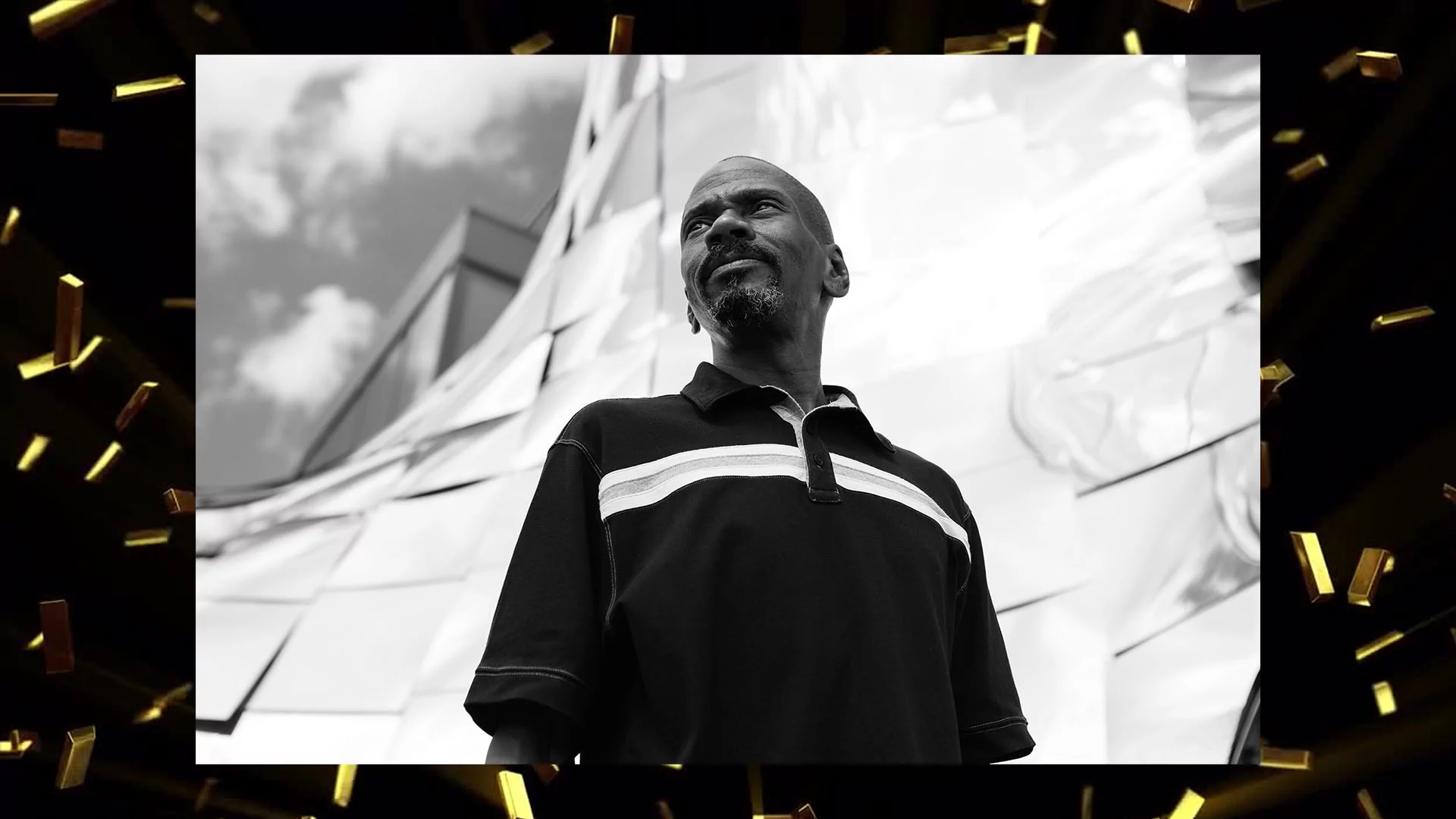
‘Can You Feel It’, which opens ‘Ammnesia,’ is a dance music classic that became a sunrise anthem in the UK’s rave scene a few years later. And yet, for all its familiarity and apparent simplicity, it remains a very tricky beast. The emblematic bass riff that underpins that song is only six notes long and yet it never hits quote where you expect it to, the notes falling around rather than dead on the beat, in an unusual jazzy twist. The nebulous synth chords that lift the song, meanwhile, are undercut by more than a hint of melancholy, as if we’re reminiscing about good times past even as we experience them.
‘Washing Machine’ is one of the classic psychedelic records, using effects and delays to send the listener’s head tumbling around as if trapped inside the titular domestic appliance, just out of the reach of reason. Even if you’ve heard this record hundreds, if not thousands, of times over the last three decades, it’s still a surprise when the bass drum comes in, marking the one-beat ever so slightly later than expected. It’s a universally admired classic, but if you don’t hear it out that much these days, that’s because it is just a little too weird for modern DJs, the kind of record that sounds off-centre and a little unwell, like house music glimpsed through a strong head cold after a fretful night of little sleep.
These three tracks alone would be enough to cement Heard’s reputation as a producer of unique vision and depth. And yet ‘Ammnesia’ adds so much more. ‘Beyond The Clouds’ (the third track on the ‘Washing Machine’ / ‘Can You Feel It’ 12-inch) is basically Detroit techno avant la lettre, a tough, emotional drum and synth workout; ‘Slam Dance’ is a minimalist exercise in industrial drum-machine funk that sounds like someone has decided to deconstruct techno before techno was even really invented. If Jam City, Rabit and the other proponents of what was sometimes called ‘deconstructed club’ weren’t listening to ‘Slam Dance’, then perhaps they should have been. And then there’s ‘Stars’, an orbit-scraping, tear-jerking work of emotional resonance, constructed out of little more than a couple of basic synth riffs and an extremely well-worked effect.
‘Ammnesia’ is exceptional for its vision and experimental nous. But it is also remarkably listenable, for what was basically a compilation of Heard’s early 12-inch releases that was (apparently) hastily assembled and bundled onto the shelves, in sometimes questionable sound quality. ‘Mystery Of Love’ finds its moodily addictive twin in ‘Waterfall’; the jazzy melodies of ‘Can You Feel It’ are reflected back in ‘Bye Bye’ (one of two new songs released on the album, alongside ‘Let’s Dance All Night’); the title track marries a ‘Washing Machine’- esque riff to soulful chord rushes; and the proto-acidic ‘The Juice’ is very much cut from the same cloth as ‘Beyond The Clouds.’
Maybe nobody thought house music was going to last when ‘Ammnesia’ was first pushed hurriedly into the record shops in 1989, spelling mistake and all. (The album has recently been reissued on Heard’s own Alleviated Records with the misspelling cleared up.) Back then, house was still in its infancy, rave was considered a fad, and the simple electronic beauty of records like ‘Can You Feel It’ was often considered a poor cousin to R&B’s lush, futuristic rush. But house music has endured and Heard has done so with it, going on to one of the most storied careers in dance music.
In 1985, Heard formed the classic house music group Fingers Inc. with vocalists Robert Owens and Ron Wilson, producing classics like ‘Bring Down The Walls’ and a vocal take on ‘Mystery Of Love.’ Over the years, he has recorded a devastating array of music under a bewildering variety of names. It would be folly to try to name them all here, but the ‘Alien’ and ‘Dance 2000’ albums released under his own name, the classic 2006 single ‘The Sun Can’t Compare’ (as Larry Heard Presents Mr. White) and the 2016 ‘Outer Acid’ EP, which marked Heard’s return to the Mr. Fingers name after 11 years away, are obvious highlights.
Did Larry Heard know when he bought that first drum machine and dreamed up ‘Mystery Of Love,’ ‘Washing Machine’ and ‘Can you Feel It’ that he was onto something special? Gerd Janson asked Heard this question in a 2005 interview for the Red Bull Music Academy. “Oh no,” Heard modestly answered, “there is no way to know upfront if you are doing something, you just really aim to do something that people like, and get something that has a longevity to it… But you can’t really plan that upfront or everybody’s record would be a timeless classic, if you could just orchestrate that yourself. It’s something that the people listening to it decide. I couldn’t decide it.”
We can decide it, though. And ‘Ammnesia’ is unquestionably a classic, a work of eternally-stirring house that deserves all the praise we can throw at it. Would house music have endured without ‘Ammnesia’ and Larry Heard’s expansion of the genre? Most probably. But Heard, as Mr. Fingers, did more than anyone in the early years of house to bring the music out of the club and into the living room. His sophisticated, jazzy productions nudged forward the concept of ‘electronic listening music’ back when Warp records was still a glint in Sheffield’s industrial eye. And for this we can only thank him. Can you feel it?


